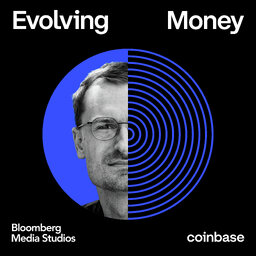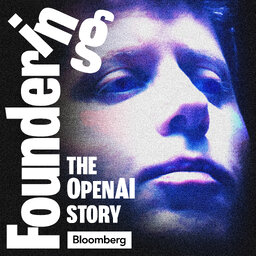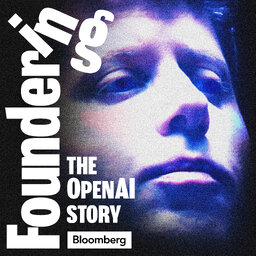OpenAI Part 5: Beware the Ides of November
Right as Sam Altman was at the peak of his success, touring the world to espouse the virtues of AI, his board turned on him. Altman was unceremoniously fired. OpenAI’s coup is a story of secrets, betrayal, employee revolt and Altman’s expert political maneuvering to regain his position of power. In this episode, reporter Ellen Huet also examines Altman’s history of broken promises and alleged manipulation.
In 1 playlist(s)
Foundering
Foundering is an award-winning, serialized podcast from the journalists at Bloomberg Technology. Eac…Social links
Follow podcast
Recent clips

Evolving Money: Rebuilding the Creator Economy (Sponsored Content)
18:29

OpenAI Part 4: Heaven and Hell, Part 2
21:59

OpenAI Part 3: Heaven and Hell, Part 1
31:37
 Foundering
Foundering